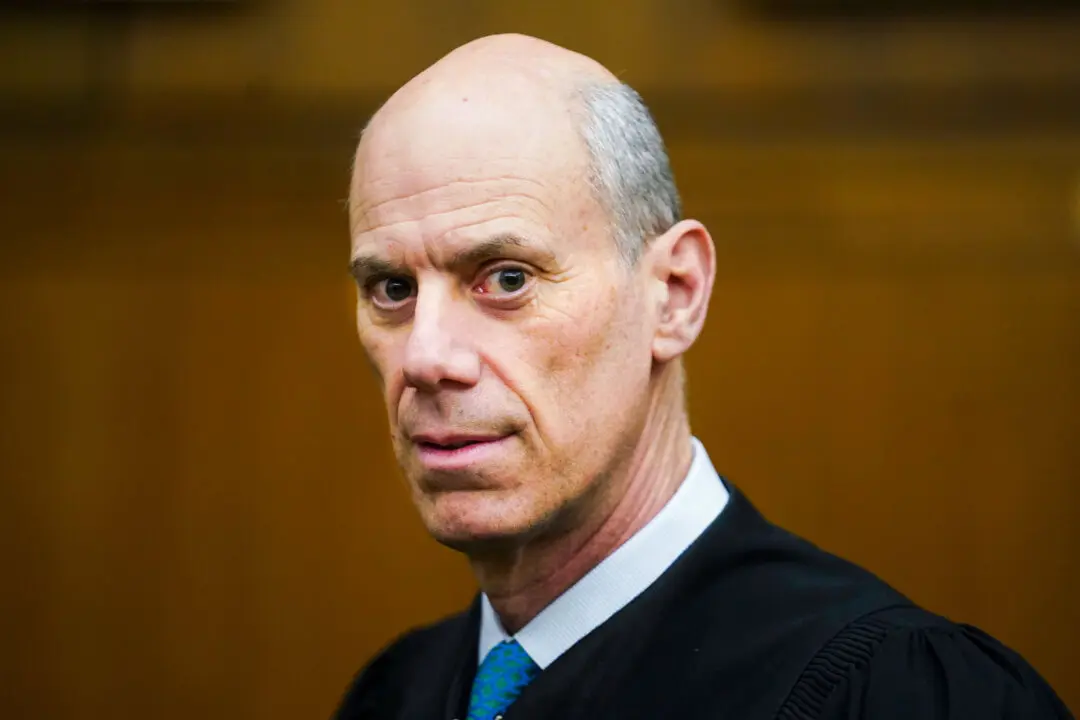District Judge James Boasberg has issued an opinion stating that he has found probable cause that the federal government was in criminal contempt by refusing to comply with his order prohibiting certain deportations under the Alien Enemies Act.
“The Court ultimately determines that the Government’s actions ... demonstrate a willful disregard for its Order, sufficient for the Court to conclude that probable cause exists to find the Government in criminal contempt,” Boasberg said in an April 16 opinion.





